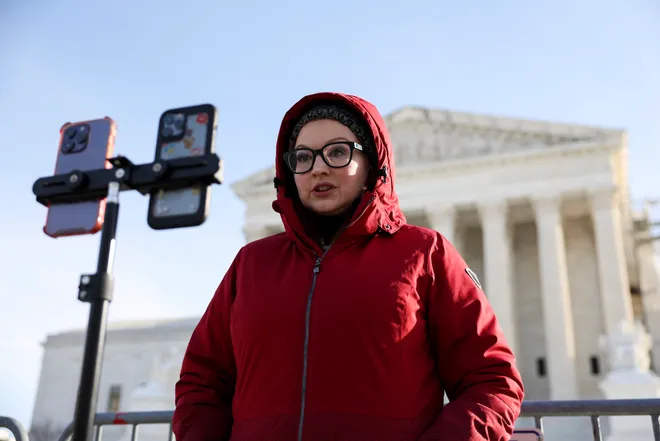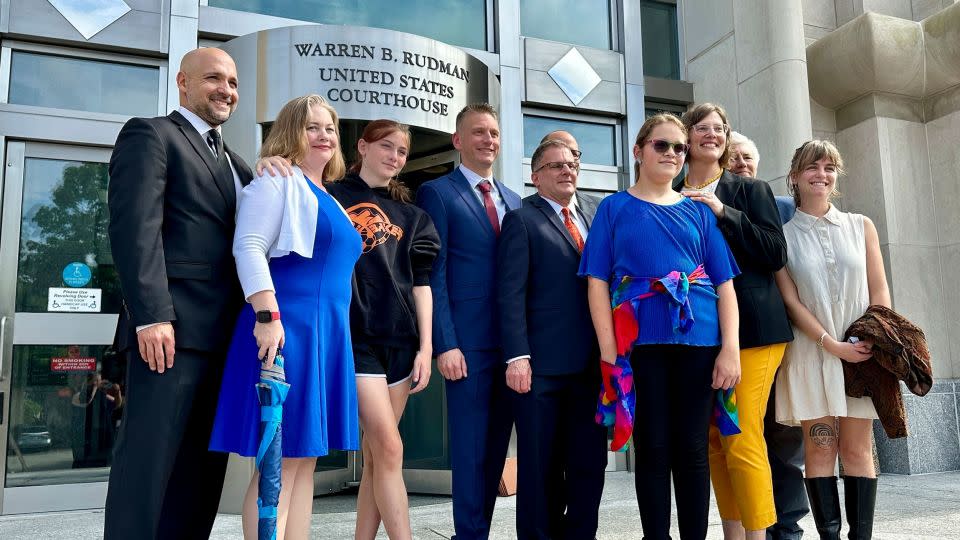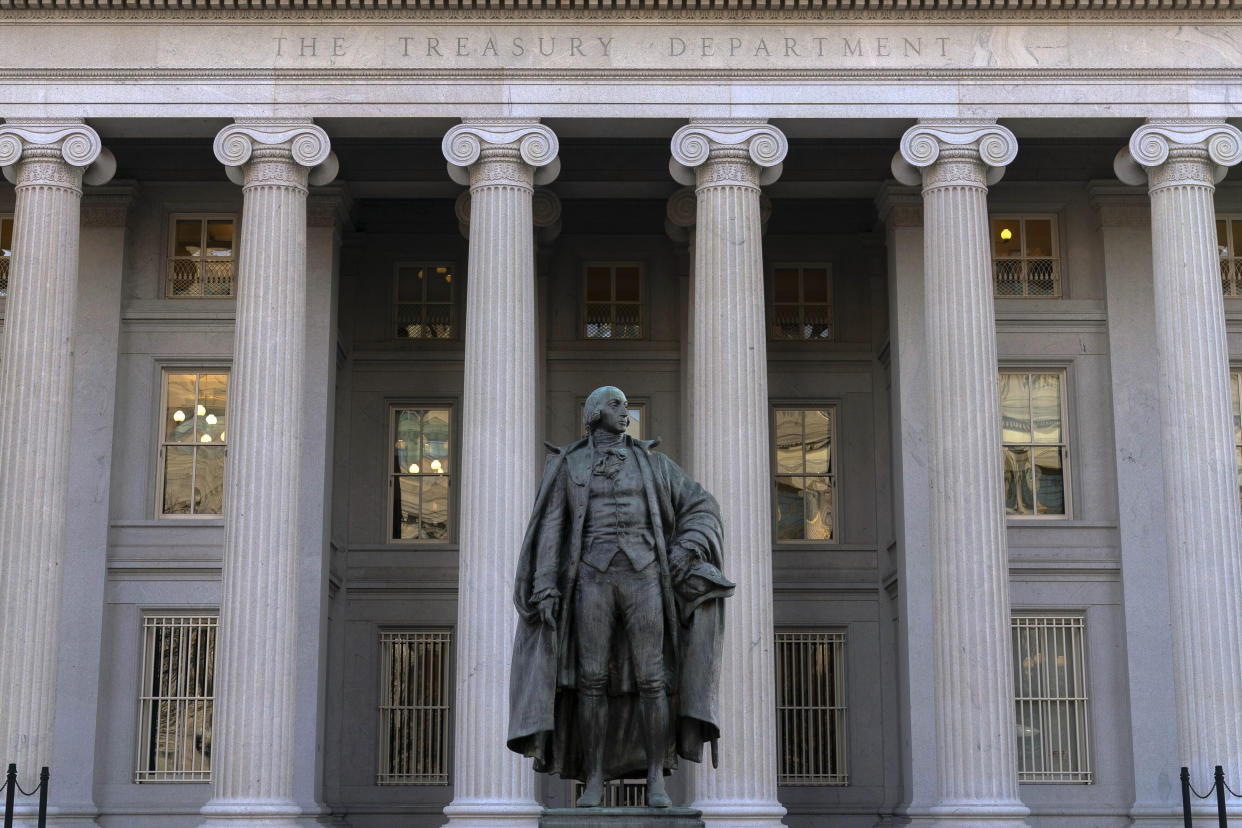TikTok ban at the Supreme Court: Live updates
The Supreme Court debates whether TikTok can be banned in the U.S. later this month in a case pitting national security against free speech.
WASHINGTON − The Supreme Court heard arguments over whether TikTok can be banned in the U.S. later this month in a case that pits two major issues − freedom of speech versus national security − against each other.
Some of the 170 million Americans who use TikTok say the court has never confronted a free speech case that matters to so many people.
The Biden administration, which is defending a law requiring TikTok cut ties with the Chinese government or be banned, said the wildly popular short-form video app is a grave threat because China can use it to gather data on Americans or manipulate content to shape U.S. opinion.
Lawyers for TikTok and for a group of TikTok creators argued Friday the law will deprive users of their preferred digital publisher, infringing on the right to free expression. Solicitor General Elizabeth Prelogar said that as long as TikTok is owned by China-based ByteDance, U.S. national security is at risk.
Unless the high court intervenes, Google, Apple and internet providers won't be allowed to make TikTok available after Jan. 19.
Follow along for live coverage and updates.
What makes TikTok’s algorithm so effective?
TikTok has been able to capture roughly 170 million Americans’ attention thanks to its algorithm-fueled “For You" page.
A 2020 blog post from TikTok said it focuses on various user interactions to decode users’ interests and tailor the app’s feed. This includes likes, shares, follows, and time spent watching; video information such as hashtags; and device settings like language preferences and location.
The app’s short video format gives it plenty of data to work with. While one YouTube video could take 10 minutes to watch, a TikTok user could scroll through dozens of videos in that same time frame, offering the app's algorithm plenty of input.
“Every new interaction helps the system learn about your interests and suggest content – so the best way to curate your For You feed is to simply use and enjoy the app,” TikTok’s blog post reads.
TikTok will also occasionally show users content outside of their interests, an “important and intentional component” to the app’s recommendations approach, according to the company.
TikTok’s approach has received criticism. One December 2022 report from the watchdog group Center for Countering Digital Hate accused the app of pushing harmful content promoting eating disorders and self-harm into young users’ feeds.
Arguments conclude in Supreme Court TikTok ban appeal
Each side has made its case to the nine justices and the high court has adjounred. Lawyers for TikTok will speak to reporters at 3 p.m. Eastern at the National Press Club.
Alito questions temporarily blocking the TikTok ban
Justice Samuel Alito asked whether the court could temporarily block the law, which is scheduled to ban TikTok on Jan. 19.
Solicitor General Elizabeth Prelogar said the court shouldn’t do that unless TikTok was likely to win based on its First Amendment claim of a right to distribute its content. She said it wasn’t just an executive action, but done in concert with bipartisan majorities in Congress
“I think this court doesn’t have any basis to enter a temporary injunction unless it thinks petitioners are likely to succeed on the merits of the First Amendment claim,” Prelogar said. “To be honest, I think there is no argument to be made that you should find that likely success.”
Alito also asked whether the court could administratively halt the law temporarily. Prelogar said she would defer to the justices about whether they have enough time to decide the case, but that both sides were ready to argue the case Friday.
“I think it is in the interest of Congress’ work and our national security to resolve the case and allow the statute to take effect,” Prelogar said.




